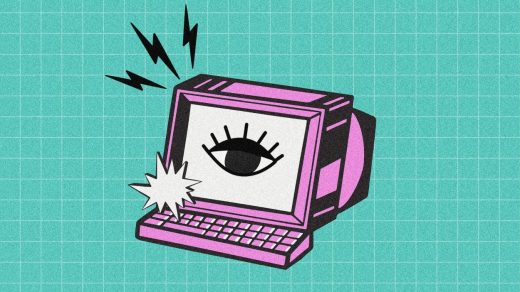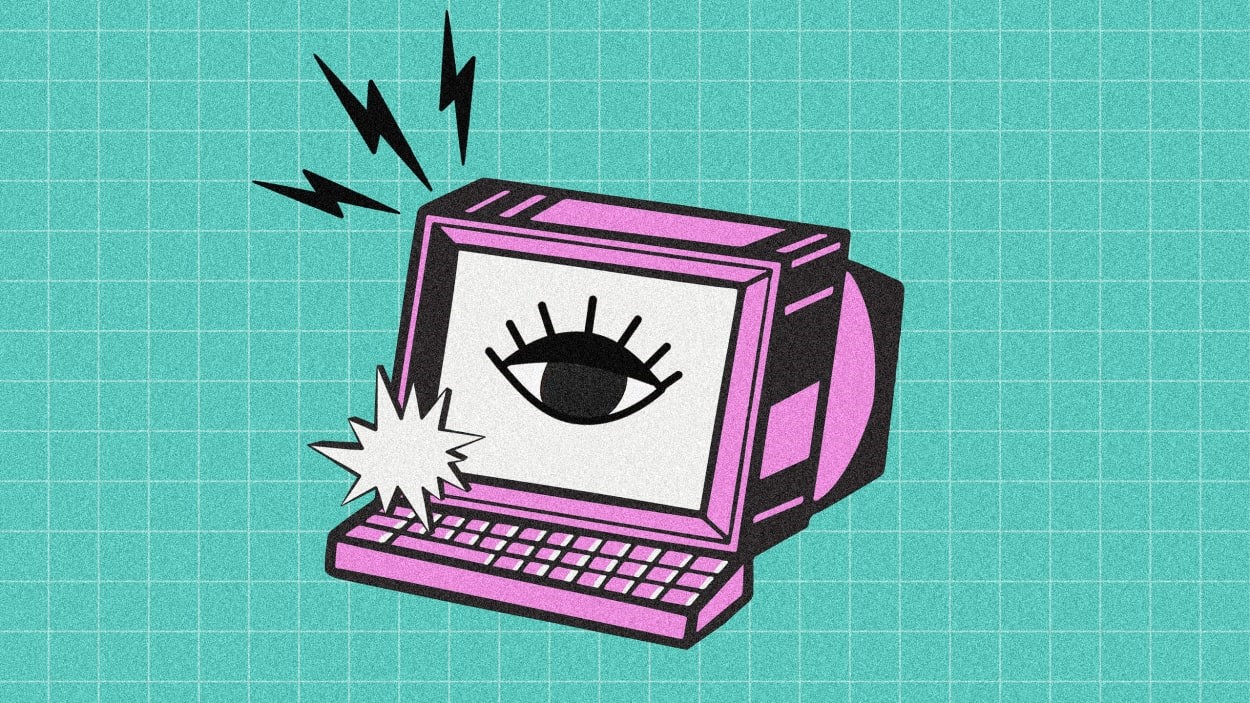FCC begins unwinding its Trump-era abdication of broadband oversight
The Federal Communications Commission (FCC) has begun the process of reestablishing its ability to regulate fair broadband distribution, a role Trump-era FCC chair Ajit Pai controversially abdicated in 2017.
The commission, now lead by Democrat Jessica Rosenworcel, voted 3-2 Thursday to open a period of public comment on the proposed rule-making that would allow the FCC to once again regulate broadband as a Title II communication service.
If the proposals are adopted after a review of the public comments, the FCC would once again be permitted to “protect internet openness and competition, protect broadband networks from national security threats, and address public safety needs like internet outages,” the agency said in a statement Thursday.
The FCC first classified broadband as a Title II communication service to be regulated like a public utility back in 2015, under the leadership of chairman Tom Wheeler. Two years later, that designation was revoked by Pai.
Such a reclassification would give U.S. broadband consumers legally binding assurances that broadband providers like Verizon, AT&T, and Comcast will not accept money to favor the internet traffic of one website or service over another.
“[T]he FCC is now on the path to restoring common sense net neutrality protections that ensure that we, the people who use the internet, get to decide what we do online, without interference from the companies we pay to get online,” Stanford Law School professor Barbara van Schewick says in a statement.
By reclassifying broadband service to a Title II communications service, the FCC would gain more power to prevent broadband incumbents from using access to internet infrastructure to stifle competition from smaller providers. This means large telecom companies will have a harder time blocking upstart fiber optic providers and rural co-ops. Alternative sources of broadband service, especially in underserved markets, are a key focus of the Biden administration’s infrastructure bill, which allocates $42.45 billion in subsidies to help erase the “digital divide.”
The companies to which we pay a premium for home and wireless broadband have received billions in tax breaks, subsidies, and limited-competition markets by the U.S. government to build and operate broadband networks.
The wireless industry isn’t pleased by today’s vote. “The wireless industry champions keeping the internet open and our networks secure and resilient,” the CTIA’s chief lobbyist Meredith Attwell Baker said in a statement. “The FCC’s action today only undermines our ability to achieve those goals while also putting at risk American competitiveness.”
Network neutrality assurances have long been popular with the U.S. public, even when the Republican-controlled commission rolled back its authority to demand such assurances from ISPs back in 2017.
(13)



